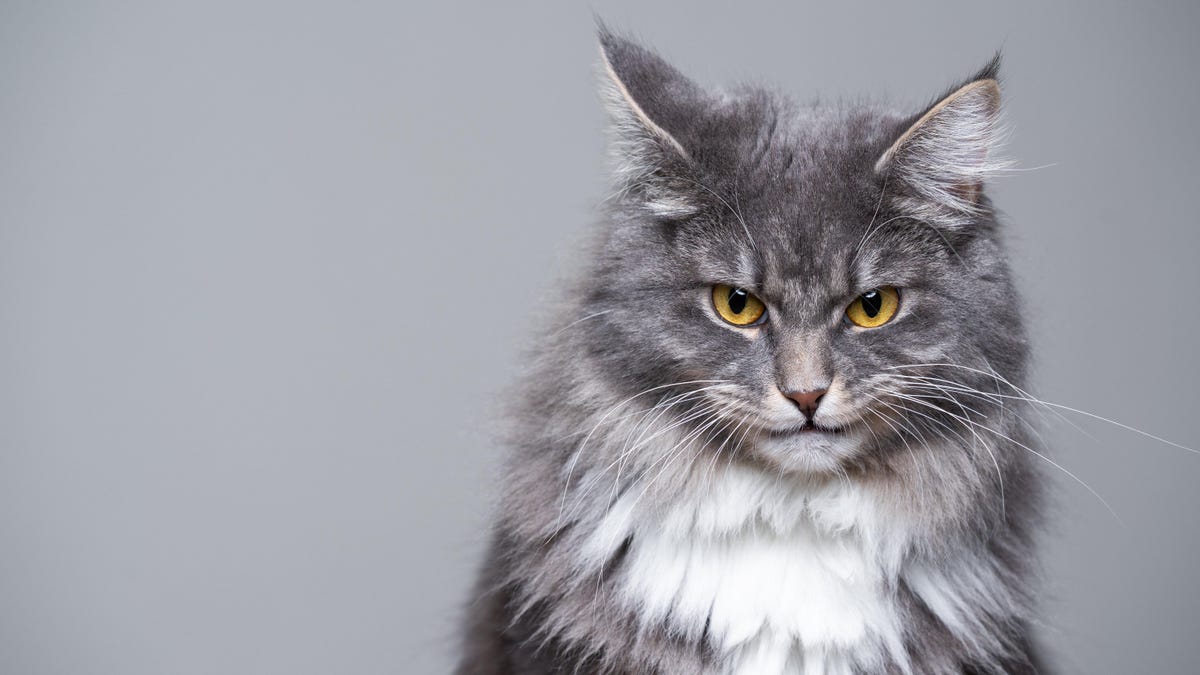A woman’s recently adopted cat may have given her an unwelcome surprise: a bacterial infection that caused her to suffer from chronic diarrhea for months. In a new case report, doctors suggest that the woman’s recurring Clostridioides difficile (C. diff) infection may have been transmitted by her cat, who also tested positive for the bacteria. Luckily, both the cat and the owner were successfully treated, but this case could be the first documented instance of cat-to-human transmission of C. diff.
Clostridioides difficile, also known as C. diff, is a common source of gastrointestinal issues, typically causing diarrhea and inflammation of the colon. According to the Centers for Disease Control and Prevention, nearly half a million C. diff infections occur in the U.S. every year. What makes this infection particularly troublesome is its tendency to reoccur even after initial treatment, leading to additional sickness within weeks or months.
Recurrent C. diff is especially dangerous for vulnerable populations, such as the elderly and hospitalized individuals. In 2017, there were an estimated 223,900 C. diff cases in hospitalized patients, resulting in 12,800 deaths in the United States.
One of the major risk factors for C. diff is a disruption of the gut microbiota, the community of beneficial bacteria in the digestive tract. This disruption often occurs after taking broad-spectrum antibiotics for other infections, which is why C. diff is frequently found in hospitals. However, the authors of the case report believe that the woman’s infection may have been influenced by her cat.
According to the recently published case report in the American Journal of Case Reports, the previously healthy 31-year-old patient developed severe diarrhea shortly after completing a round of antibiotics for a urinary tract infection. She was diagnosed with C. diff and treated with a two-week course of antibiotics.
Initially, the treatment seemed effective, but two months later, the woman returned to her primary care clinic with the same symptoms and tested positive for the infection once again. The subsequent antibiotic therapy was even less successful, and during a follow-up visit a month later, she reported experiencing diarrhea every four hours. It was during this visit that she wondered if her newly adopted stray cat could have played a role in her infection.
The woman received different antibiotics, and her cat was examined by a veterinarian and tested positive for C. diff. Although the cat appeared symptom-free, it was treated for the infection. Around the same time, the woman visited a gastroenterologist who prescribed her a new antibody-based treatment for her C. diff. Only after both the woman and her cat received treatment did her condition begin to improve. A two-month follow-up visit confirmed that she was finally free of symptoms.
The authors of the case report point out that their hypothesis of a cat-to-human transmission of C. diff is based on circumstantial evidence. While other research suggests that people can pass on the infection to their pets, this would be the first known case of a pet transmitting C. diff to a human. There is also the possibility that the transmission chain is more complex than initially thought. The woman may have contracted C. diff elsewhere and transmitted it to her cat, who then reinfected her at a later stage. Additionally, the cat may be innocent in this scenario, and its infection could be unrelated to the owner’s illness.
At the very least, this case highlights the need for further investigation into whether pets and other animals can serve as reservoirs for recurrent C. diff infections, potentially posing a greater public health threat beyond hospitals.
“This case emphasizes the importance of comprehensive medical history and considering zoonotic transmission of C. difficile as a novel cause of community-acquired C. diff,” the authors conclude.


